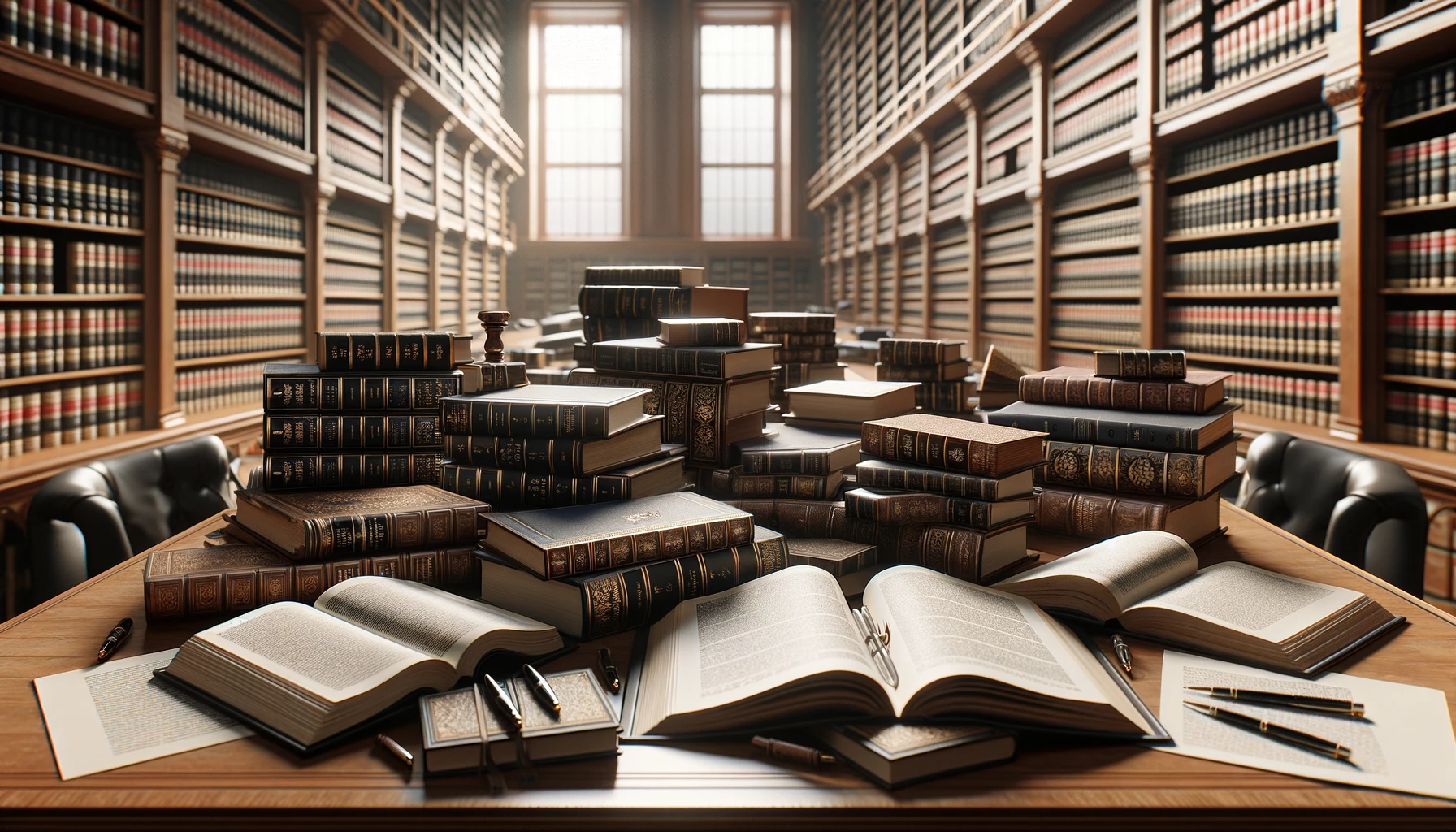
Jiang Ping has died. He was known as the “conscience” of China’s legal system, as well as a founding father of that system. He was an advocate for free speech and the rule of law.
The New York Times noted the passing of Jiang Ping, a founding father of China’s legal system:
Often called “the conscience of China’s legal world,” Mr. Jiang established himself in the 1980s as a highly regarded teacher and a leading scholar, one of four professors who helped oversee the drafting of China’s first civil rights framework. His reputation was cemented during the 1989 pro-democracy protests in Tiananmen Square, when as university president he publicly supported the student protesters.
Vivian Wang and Joy Dong. “Jiang Ping, ‘the Conscience of China’s Legal World,’ Dies at 92”. New York Times. December 27, 2023.
The Washington Post’s obituary described his support for the Tiananmen protestors:
He staged a personal sit-in at the gates to his campus in solidarity with Tiananmen crowds….
Brian Murphy. “Jiang Ping, Chinese legal scholar who challenged state’s grip, dies at 92”. The Washington Post. December 31, 2023.
Chinese authorities sent tanks and troops into Tiananmen Square in early June 1989 to crush the pro-democracy movement. The following February, Mr. Jiang was ousted as president of the China University of Political Science and Law, one of the centers of student organizing for the protests.
The NYT and Wapo articles tell of Jiang Ping’s relationship to the Communist Party. He was a party member while the CCP was still wresting control China from the nationalists under Chiang Kai-shek. Under Mao he spent 20 years exiled from city life, working as a farm laborer. He was politically rehabilitated after Mao’s passing and became, as Caixin Global names him, “One of the three elders of the rule of law’. Importantly, Jiang Ping connected the concepts of individual freedom and political representation with the practical matters of property rights and enforcement of contracts.
A mourner at Jiang Ping’s funeral was influenced to study law by Jiang Ping, according to LaiTimes:
Wang, a fourth-year undergraduate student at China University of Political Science and Law, told Jiupai News that she was the winner of the Jiang Ping Scholarship, and that Jiang Ping would come to speak at the awarding ceremony of the previous “Jiang Prize”….
What impressed her the most was the spirit of the rule of law that Mr. Jiang Ping adhered to – the protection of private rights. Wang said that because of the “Jiang Award,” she chose to study Xi civil and commercial law.
“Farewell ceremony of the famous jurist Jiang Ping: The memorial queue was lined up for nearly three hours, and the students recalled the scene of the last meeting.” LaiTimes.com. Nine News. December 23, 2023
Law professor Ji Weidong writes that Jiang Ping’s passing was accompanied by a huge wave of mourning on the Internet as Jiang Ping was a “symbol of ‘the rule of law in the world'”:
he actually put forward a two-step road map for the construction of the rule of law in China: the first step is to replace individual arbitrariness with the rule of law, and the second step is to use the rule of law to protect individual freedoms and rights, so as to meet the needs of the development of the market economy. To this end, he placed particular emphasis on the protection of personal rights and the right to private property, but he also rejected the idea that private property was sacrosanct.
Ji Weidong. “To mourn Jiang Ping is to inherit his concept of the rule of law”. LaiTimes.com. December 28, 2023.
Ji Weidong points to Jiang Ping’s attempts to draw out the distinction between civil matters and private matters. Ji Weidong quotes Jiang Ping:
The ruling class and the ruled class, officials and citizens, their understanding of the rule of law is certainly very different….
Why is the expression ‘rule of law’ taboo? Now we have put forward the slogan of the rule of law, which already contains a change in philosophy. This is because the concept of ‘rule of law’ necessarily includes the idea of human rights, democracy, freedom, and so on. This is something that has not been seen in the past, and it is also something that the Legalist idea of the rule of law does not have. There can be a distinction between good and bad legal systems, that is to say, there is a difference between good law and bad law, and in order to eliminate evil law, it is necessary to establish a higher level of value norms. When we use the term ‘rule of law’, I think we are referring to the idea of building a good legal system, a civilized country governed by the rule of law. However, Legalist thought does not have such a concept of the rule of law, and only pursues a more effective tool for governing the country in an authoritarian society.
Jiang Ping, quoted by Ji Weidong





